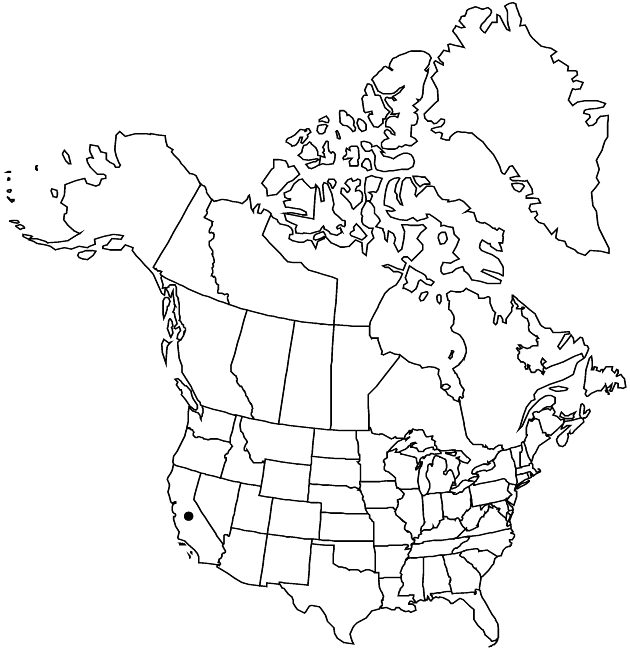Difference between revisions of "Centromadia parryi subsp. rudis"
Novon 4: 467. 1999.
Endemic
Basionym: Centromadia rudis Greene Man. Bot. San Francisco, 197. 1894
Synonyms: Hemizonia parryi subsp. rudis (Greene) D. D. Keck
imported>Volume Importer |
imported>Volume Importer |
||
| Line 60: | Line 60: | ||
|publication year=1999 | |publication year=1999 | ||
|special status=Endemic | |special status=Endemic | ||
| − | |source xml=https:// | + | |source xml=https://bitbucket.org/aafc-mbb/fna-data-curation/src/2e0870ddd59836b60bcf96646a41e87ea5a5943a/coarse_grained_fna_xml/V19-20-21/V21_683.xml |
|tribe=Asteraceae tribe Heliantheae | |tribe=Asteraceae tribe Heliantheae | ||
|subtribe=Asteraceae (tribe Heliantheae) subtribe Madiinae | |subtribe=Asteraceae (tribe Heliantheae) subtribe Madiinae | ||
Latest revision as of 20:13, 5 November 2020
Leaves (and peduncular bracts) scabroso-hirtellous and usually ± hirsute or setose-ciliate, not glandular or with sparsely and irregularly distributed, minute, sessile or stipitate, yellowish glands. Involucres 3.5–5 mm. Paleae lacking purple lines. Ray corolla laminae 2–3 mm. Anthers yellow or brownish. 2n = 22.
Phenology: Flowering Jun–Oct.
Habitat: Grasslands, edges of marshes and vernal pools, disturbed sites (e.g., fallow fields)
Elevation: 0–500 m
Discussion
Subspecies rudis occurs in the southern Sacramento Valley, northern San Joaquin Valley, and, uncommonly, in the southern Inner North Coast Ranges.
Selected References
None.
Lower Taxa
None.
